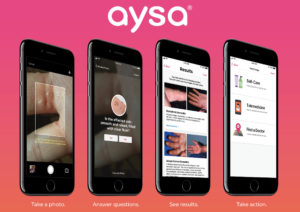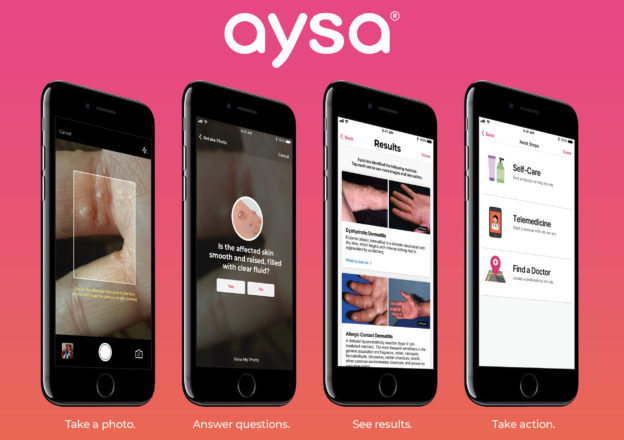
(January 27, 2020)
by Timothy M. Smith, Senior News Writer at American Medical Association
AI (augmented intelligence) promises to be a transformational force in health care, especially within primary care. Experts outline ways that innovations driven by AI – often called artificial intelligence – can aid rather than subvert the patient-physician relationship.
“AI implemented poorly risks pushing humanity to the margins; done wisely, AI can free up physicians’ cognitive and emotional space for patients, and shift the focus away from transactional tasks to personalized care,” wrote the authors of an article published in the Journal of General Internal Medicine.
The authors – Steven Y. Lin, MD, and Megan R. Mahoney, MD, associate clinical professor of medicine and clinical professor of medicine, respectively, in the Division of Primary Care and Population Health at Stanford University School of Medicine, and AMA vice president of professional satisfaction Christine A. Sinsky, MD – reviewed promising augmented intelligence inventions in 10 distinct problem areas including diagnostics.
Diagnostics. AI-powered algorithms for diagnosing disease “are now outperforming physicians in detecting skin cancer, breast cancer, colorectal cancer, brain cancer and cardiac arrhythmias,” the authors wrote, citing numerous tools, such as IDx-DR, Aysa and Tencent. “This could reduce the need for unnecessary referrals, increase continuity with patients and enhance mastery for primary care physicians.”
Read about the other problems areas where AI can make a difference in primary care.

